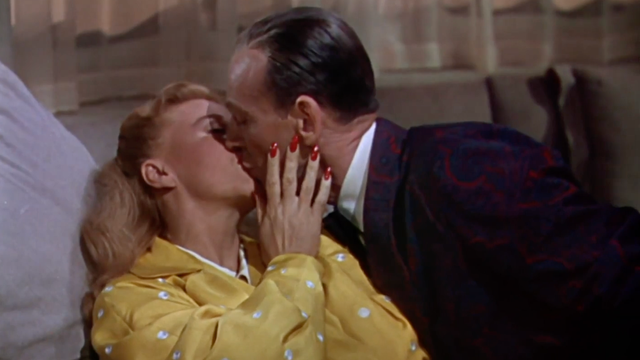
Exploring the art and science behind kissing
A single kiss can leave a lasting impression, whether it's in real life or on the silver screen. But why, exactly?
Watch CBS News
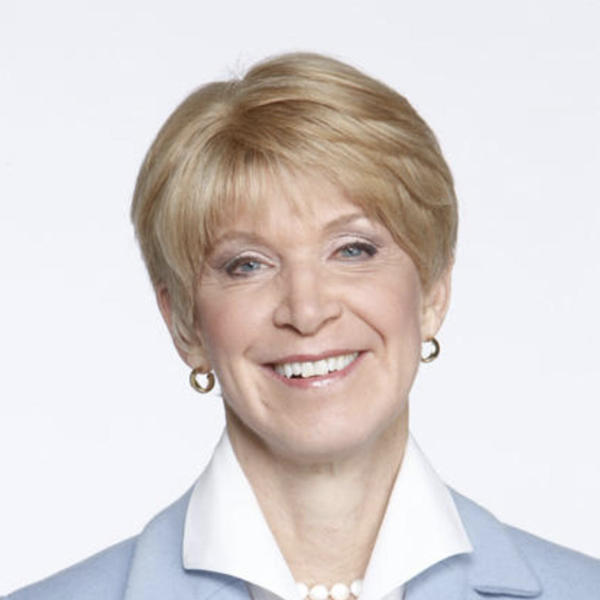
Susan Spencer is a contributor to "CBS News Sunday Morning," where she reports on a wide range of topics for America's No. 1 Sunday morning news program.
Spencer has reported for "CBS News Sunday Morning" on issues such as removing the stigma surrounding mental health struggles, Valentine's Day regrets, laziness, the controversy surrounding weight loss drugs, and how design influences the creation of games such as Wordle.
Before focusing on being a "CBS News Sunday Morning" contributor, Spencer was a correspondent for "48 Hours," where her reports covered a range of stories from the case of a son determined to convince investigators that his mother would have never killed himself, of a determined detective setting out to solve a 30-year cold case of two missing women and the disappearance of University of Virginia student Hannah Graham.
Spencer's reporting experience in national and international news is vast. Prior to joining "48 Hours," she was CBS News' White House correspondent and the primary correspondent for the "Eye on America" segments on the "CBS Evening News." Spencer covered the 1988 Democratic and Republican National Conventions, President George Herbert Walker Bush's unsuccessful 1992 reelection campaign, and former President Bill Clinton's first inauguration.
She had previously been a CBS News national correspondent. Spencer played major roles in CBS News' coverage of the Persian Gulf War, reporting from Riyadh, Saudi Arabia. She also reported on the student uprising in Tiananmen Square and the death of Japan's Emperor Hirohito, both in 1989.
Spencer was named CBS News' medical correspondent in 1986. She was anchor of the Sunday edition of the "CBS Evening News" (1988-89) and substitute anchor for the Sunday edition of the "CBS Evening News" (1987-89). Spencer joined CBS News as a reporter in its Washington bureau in 1977 and was named a correspondent in 1978.
Before that, she worked for WCCO-TV, the CBS-owned station in Minneapolis. Spencer was a researcher for WCBS-TV, the CBS-owned station in New York (1971-72), and a writer and producer for the public affairs broadcast at WKPC-TV Louisville, Kentucky.
Her reporting has earned multiple awards, including two News and Documentary Emmy Awards and an Edward R. Murrow Award for Overall Excellence for a story about a child's struggle to find a match for an organ transplant.
She was born in Memphis and graduated from Michigan State University with a bachelor's degree in journalism and from Columbia University with a master's degree in journalism.

A single kiss can leave a lasting impression, whether it's in real life or on the silver screen. But why, exactly?

Dr. Uma Naidoo, a nutritional psychiatrist, says the sugar found in many comfort foods hits our brains in the same pleasure center as street drugs do. But that's not the only reason we find comfort in such treasured dishes; there is also warm-and-fuzzy nostalgia.
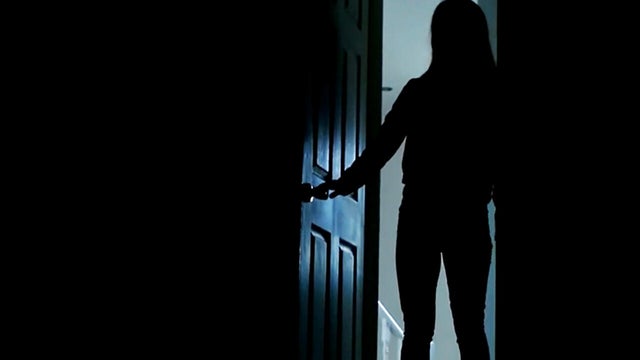
Millions struggle with an intense fear of something that poses little or no threat, from flying to cockroaches to a trip to the dentist. How do they overcome their phobias?

Writer Olga Khazan, a lifelong introvert obsessed with work, was unhappy with who she was, and so vowed to redesign her personality by living outside her comfort zone – a journey she documented in her new book, "Me, But Better."

An 83-year-old gets to live her dream of driving a race car, thanks to Wish of a Lifetime from AARP.
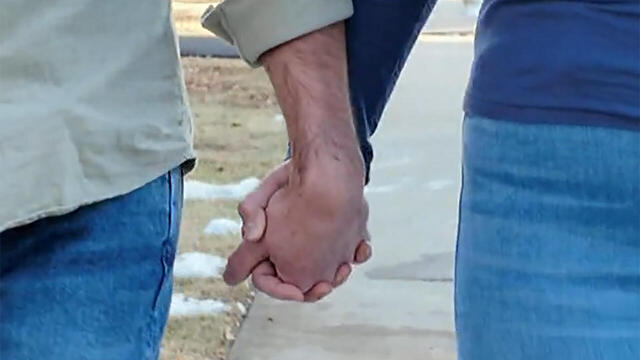
Despite falling divorce rates, some couples still face challenges when it comes to keeping a marriage intact. "Sunday Morning" talks with a couples therapist, a divorce lawyer, and the husband-and-wife team behind the podcast "Marriage and Martinis."
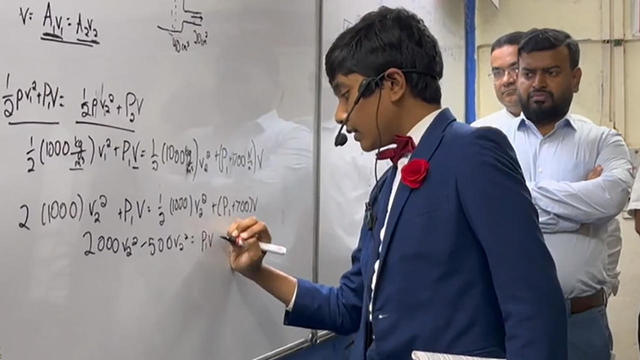
Math and physics are mere child's play to 12-year-old Suborno Bari, a child prodigy who began giving university lectures at age 7. Experts who explain what characterizes children who excel at science, music, chess or abstract art as prodigies.

Parasocial relationships are those that are one-sided – like the fascination and devotion that fans hold for their favorite celebrities. How do they speak to the human condition?
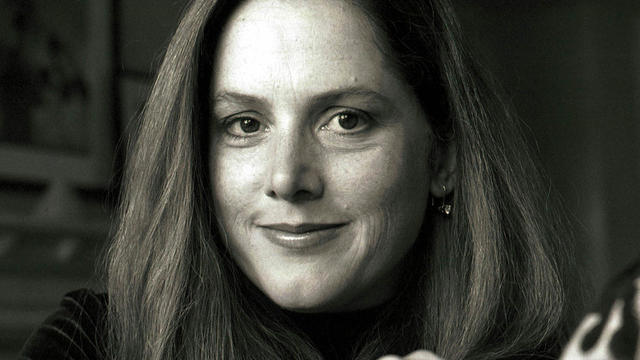
"48 Hours" has covered the murder of A-list fashion writer Christa Worthington, murdered on Cape Cod, since 2006. The man convicted of killing her continues to fight for his freedom.

The New York Times' five-letter word puzzle has become a daily ritual, and was played a staggering 4.8 billion times last year.

Social pressures to be productive – not to mention a culture that prizes multi-tasking – make doing nothing hard to do, for fear of being accused of the dreaded sin of laziness. However, experts say there are rewards for not pushing yourself to the edge all the time.

Correspondent Susan Spencer chats with authors Deborah Copaken and Daniel Pink, and The New Yorker's art critic Jackson Arn, about regrets and romance.

GLP-1 class medications reduce cardiovascular risk and treat diabetes. But they also allow people to lose an average of 10-20 percent of their body weight in the first year. What does that mean for the overweight or obese?

On average, a staggering 132 Americans kill themselves every single day. Experts say addressing this major public health crisis requires ending the shame that can be attached to talking about mental health struggles, which prevents those suffering from finding help.
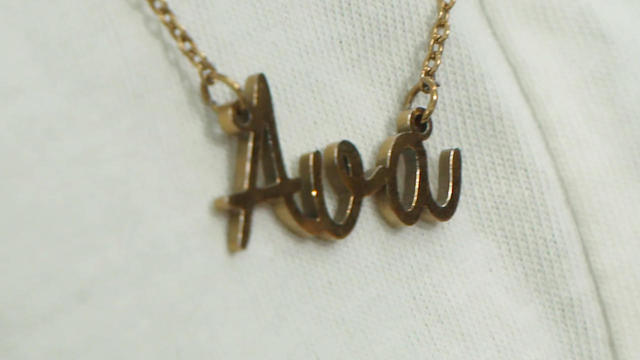
At least 121,000 trans youth have been diagnosed with gender dysphoria, which can lead to depression and even suicidal thoughts. But 20 states have enacted full or partial bans of minors receiving care that doctors say could ease suffering and even save their lives.